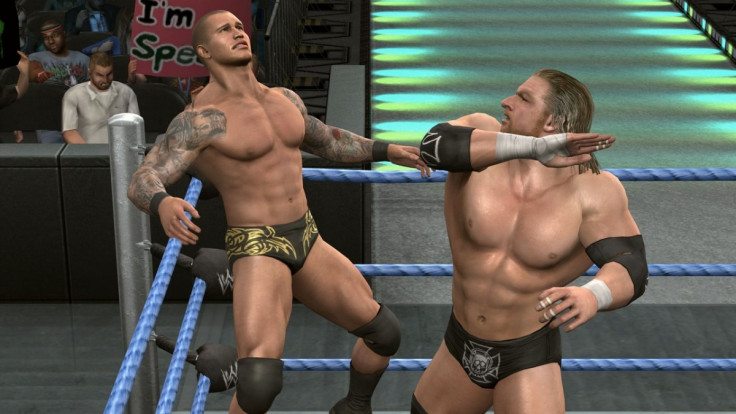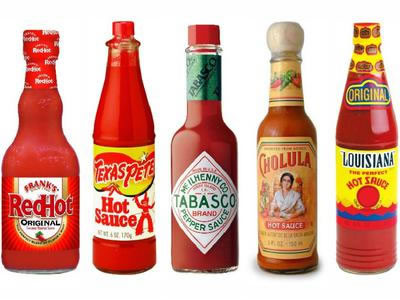Anti-Racism Day 2014: What Happens When White Gamers Use Black Avatars
Researchers from Ohio State University have discovered that when white video game players use a black character or avatar to play a violent video game, they later associate black people with violence and weapons more strongly.
"Playing a violent video game as a black character reinforces harmful stereotypes that blacks are violent. We found there are real consequences to having these stereotypes – it can lead to more aggressive behaviour," said Brad Bushman, co-author of the study and professor of communication and psychology at The Ohio State University.
The study coincides with the annual Anti-Racism Day which falls on 21 March.
"Usually, taking the perspective of a minority person is seen as a good thing, as a way to evoke empathy, but if white people are fed a media diet that shows blacks as violent, they don't have a realistic view of black people. It isn't good to put yourself in the shoes of a murderer, as you do in many of these violent games."
The study is believed to be the first of its kind to link the race of an avatar in violent video games to later aggression.
The researchers asked 126 white university students – whereby males made up 60% of the group – to play Saints Row 2, a violent video game for PS3, Xbox 360 and the PC about a protagonist who has to eliminate three rival gangs.
Each player was randomly assigned to play the game as either a black or a white avatar with the game view rotated so that the player could see their avatar as they played.
The participants of the study were asked to complete either a violent goal of breaking out of prison or a non-violent goal of trying to find a chapel in the city without harming any other characters.
Negative attitudes reinforced by game

After they finished playing the game, the participants who had completed the violent goal using a black avatar exhibited stronger explicit and non-explicit negative attitudes towards black people than those who had completed the same challenge with a white avatar.
Researchers found that people who had played using a black avatar were more likely to agree with an explicitly racist statement: "It's really a matter of some people not trying hard enough; if blacks would only try harder they could be just as well off as whites."
However, the same participants was also equally likely to hold inexplicit negative attitudes.
When asked to associate white and black faces with "good" words like joy, love and peace, or with "bad" words like terrible, horrible and evil, the participants who had completed the violent goal with a black avatar were more likely to associate black characters with negative words.
The researchers also carried out a second experiment, asking 141 white university students – whereby this time females made up 65% of the group – to play either WWE Smackdown vs. RAW 2010 or Fight Night Round 4.
This time, after completing the game, the students were asked to associate photos of black and white male and female faces with photos of inanimate objects like weapons or common items like phones and cameras.
More likely to act aggressively

The participants who played either game with a black avatar were more likely to associate black faces with weapons, and even more scary, the study found that that participants who played a violent game as a black avatar acted more aggressively against a partner than did those who played as a white avatar.
To calculate aggression, the participants were given the option to force an unseen, non-existent partner to eat hot sauce after being told that this person disliked spicy food.
The participants who played the video game as a black avatar gave their partner 115% more hot sauce than the people who had played with a white avatar, showing that the attitude of associating black people with violence is linked to aggressive behaviour after the game was turned off.
"This suggests that playing a violent video game as a black avatar strengthens players' attitudes that blacks are violent, which then influences them to behave more aggressively afterward," said Bushman.
"The media have the power to perpetuate the stereotype that blacks are violent, and this is certainly seen in video games. This violent stereotype may be more prevalent in video games than in any other form of media because being a black character in a video game is almost synonymous with being a violent character."
© Copyright IBTimes 2025. All rights reserved.



















